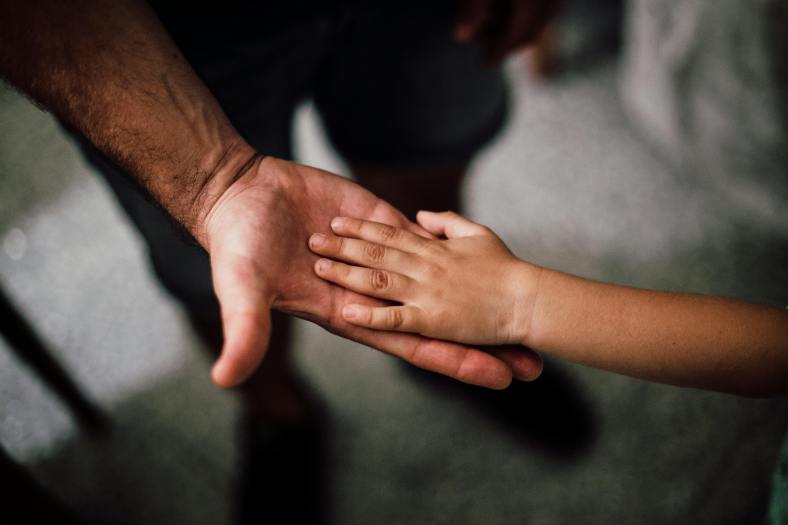The Supreme Court of British Columbia is seeking input from litigants, the public, organizations, and members of the bar on ways to address challenges obtaining hearing dates and ways to ensure that matters are heard in a timely manner once scheduled. The B.C. Supreme Court has formed a Civil and Family Chambers Practice Working Group to review current practices and procedures and assess possible changes for regular and long chambers.
Potential changes for consideration include, but are not limited to the following:
- Limiting regular (short) chambers to matters with time estimates of one hour or less;
- Establishing set time slots (e.g. 15, 30, 45 and 60 minutes) rather than having parties provide estimates;
- For all chambers matters, stricter enforcement of existing rules, e.g. page limits for notices of application and application responses, requiring properly formed legal bases, eliminating serial affidavits and strict enforcement of time estimates.
The Civil and Family Chambers Practice Working Group welcomes feedback until Friday, September 5, 2025. To provide feedback, please send an email to Chambersfeedback@bccourts.ca.
For more information, including other changes that have been proposed, please visit: https://www.bccourts.ca/supreme_court/documents/Feedback_Invited_Civil_and_Family_Chambers_Practice_Review.pdf.
Information in this post was gleaned from the official Supreme Court of British Columbia “Feedback Invited: Civil and Family Chambers Practice Review” release.










